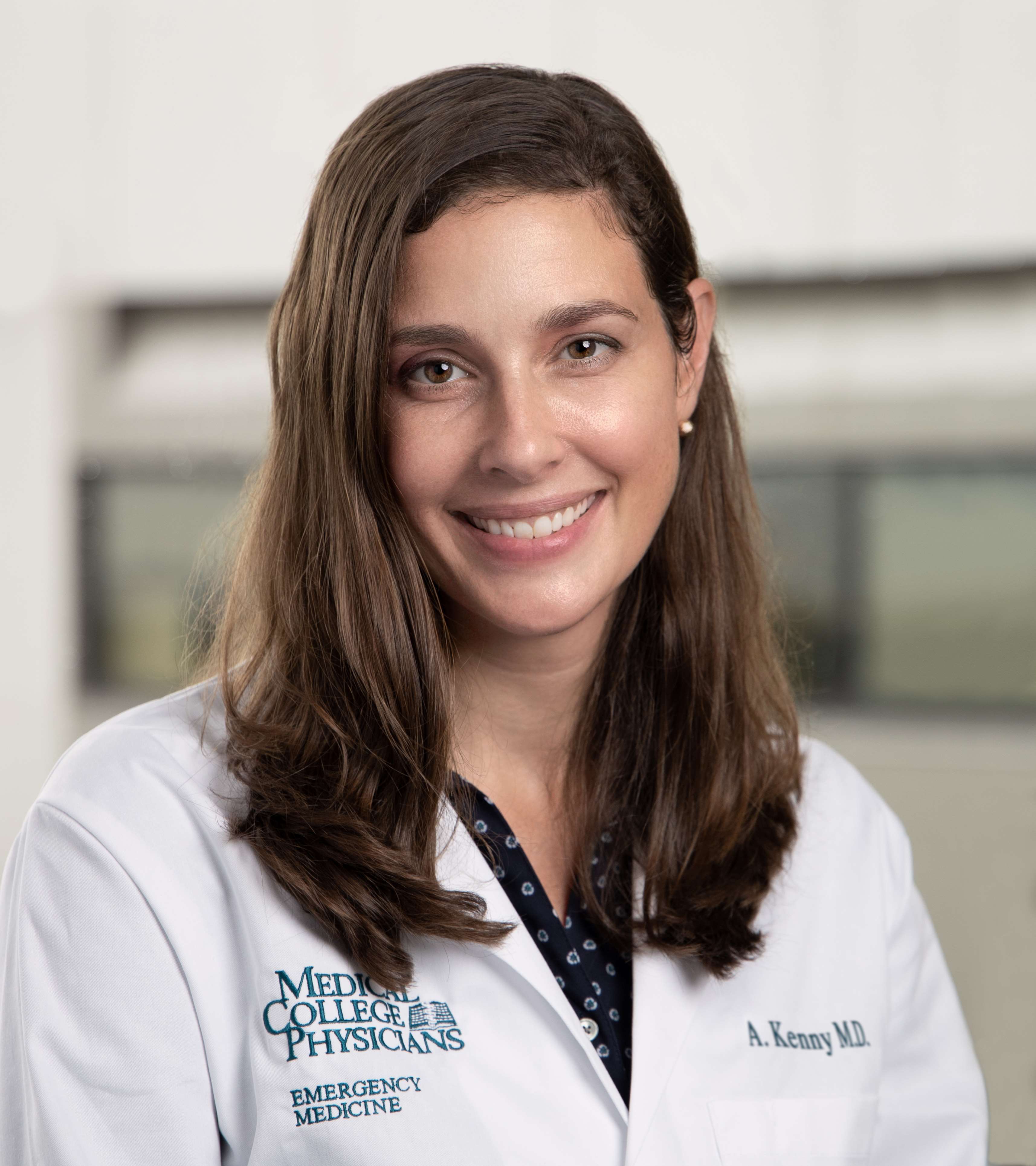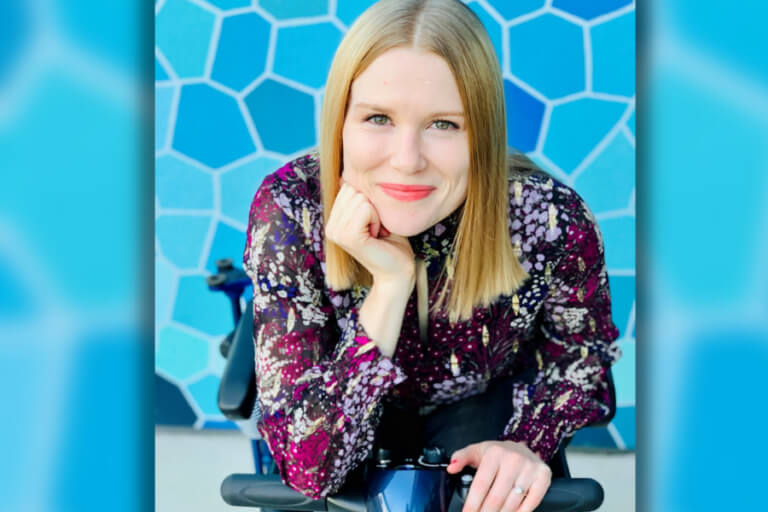"My Body Is Not A Prayer Request": Amy Kenny & Disability Justice Insights
Can faith and disability coexist harmoniously within the walls of the church? Amy Kenny's work forcefully challenges the traditional perceptions of disability within religious contexts, advocating for a radical shift towards justice and inclusion.
In her groundbreaking book, "My Body Is Not a Prayer Request," Amy Kenny, a disabled scholar and Shakespeare lecturer, lays bare her personal experiences and observations of how the church has often treated disabled individuals. The book isn't simply a critique; it's a call to action, a demand for disability justice within the religious sphere. Kenny, who holds a Ph.D. from the University of Sussex, currently lectures at the University of California, Riverside, bringing her academic rigor and personal experiences to bear on this vital topic.
| Category | Details |
|---|---|
| Full Name | Amy Kenny |
| Date of Birth | November 20, 1978 |
| Education | Ph.D., University of Sussex |
| Occupation | Scholar, Shakespeare Lecturer, Author, Disability Rights Advocate |
| Current Affiliation | University of California, Riverside |
| Noted Works | "My Body Is Not a Prayer Request" |
| Areas of Research | Medical and Bodily Themes in Literature, Disability Studies, Shakespeare |
| Publications | Featured in Teen Vogue, HuffPost, The Mighty, The Audacity, Sojourners, Shondaland, Reader's Digest |
| Political Involvement | Former Democratic Party nominee for New Jersey's 2nd congressional district (2020) |
| Website | Amy Kenny's Official Website |
Kennys perspective is not born from mere observation but from lived experience. She moves through the world, and even church spaces, with the daily realities of disability. This gives her insights an unparalleled depth and urgency. As she cruises into church on Diana, her mobility scooter (named after Wonder Woman), she confronts head-on the well-intentioned, but often misguided, approaches to disability within religious communities.
- Port Huron Mi History Maps Facts Your Guide To The Blue Water Area
- Teenage Fashion Photo Shoot More Whats Trending Today
The heart of Kenny's challenge centers on the implications of the biblical narrative, particularly the story of Jesus' healing of "the blind man" in John 9. Kenny, drawing on her scholarly approach, refers to this individual as Zach or Zechariah, reminding readers that this man is not simply defined by his lack of sight. She expands the narrative, illustrating Zach's full humanity, thereby questioning the emphasis on "curing" disabilities and instead advocating for recognizing the inherent value of disabled people. The core question becomes: can a disability be viewed as a source of beauty and power, as a natural state of being, rather than a problem to be solved?
Kenny's work has resonated widely, appearing in publications like Teen Vogue, HuffPost, The Mighty, and Sojourners. Her influence extends beyond academia; she has also been a strong voice for disability rights. Beyond her writing, Kenny is a committed advocate, serving as a scribe for the Freedom Road Institute for Leadership and Justice, and coordinating support for individuals experiencing homelessness.
This is not just about critique; it is a call for a re-imagining of the church, a re-shaping of its values and practices to embrace and celebrate the disabled community. It calls for the church to become a space of radical inclusion. She suggests that true compassion isn't merely about offering help, but about creating a truly accessible and welcoming environment for people of all abilities. Compassion, in Kenny's view, is not a gesture, but an ongoing practice.
- Verizons Craig Silliman New Role Compensation Details Latest News
- The Thing In The Forest Summary Analysis Study Guide
The work of Amy Kenny is pivotal. Her words and experiences call us to examine our own biases, question our assumptions, and actively participate in dismantling the ableist structures that often pervade religious settings. It encourages a more profound, inclusive, and compassionate understanding of disability one where all bodies are valued and celebrated.
Kenny's insights have even found their way into the academic world. She is set to be the inaugural associate director of the disability cultural initiative at Georgetown University. In this role, she will provide supportive and educational services to all disabled community members, helping to shape the disability cultural center.
In a world often consumed by the relentless pursuit of "normalcy," Kenny's message is a powerful reminder: our bodies are not problems to be solved; they are integral parts of who we are, and every person deserves to be seen, heard, and valued. Kenny's work invites us to move beyond the limitations of outdated perspectives and embrace a vision of faith that centers on justice, love, and authentic community. This is the heartbeat behind Dr. Amy Kennys book, "My Body is Not a Prayer Request," where she challenges a belief she believes emanates from the modern Western church.


Detail Author:
- Name : Sarina Lebsack
- Username : koepp.lera
- Email : hessel.bradford@hotmail.com
- Birthdate : 1981-12-31
- Address : 22170 Mayert Crescent Suite 599 Langoshmouth, KY 91054
- Phone : +14328656319
- Company : Corwin-Goldner
- Job : Cost Estimator
- Bio : Et unde rerum et aliquid omnis velit voluptas quia. Earum et sequi ut sed sapiente est similique. Consectetur ut eius occaecati sint doloremque.
Socials
linkedin:
- url : https://linkedin.com/in/beaulah_stracke
- username : beaulah_stracke
- bio : Molestias modi et est omnis illum molestiae.
- followers : 1860
- following : 1109
tiktok:
- url : https://tiktok.com/@bstracke
- username : bstracke
- bio : Reprehenderit esse ut libero amet.
- followers : 5424
- following : 1618